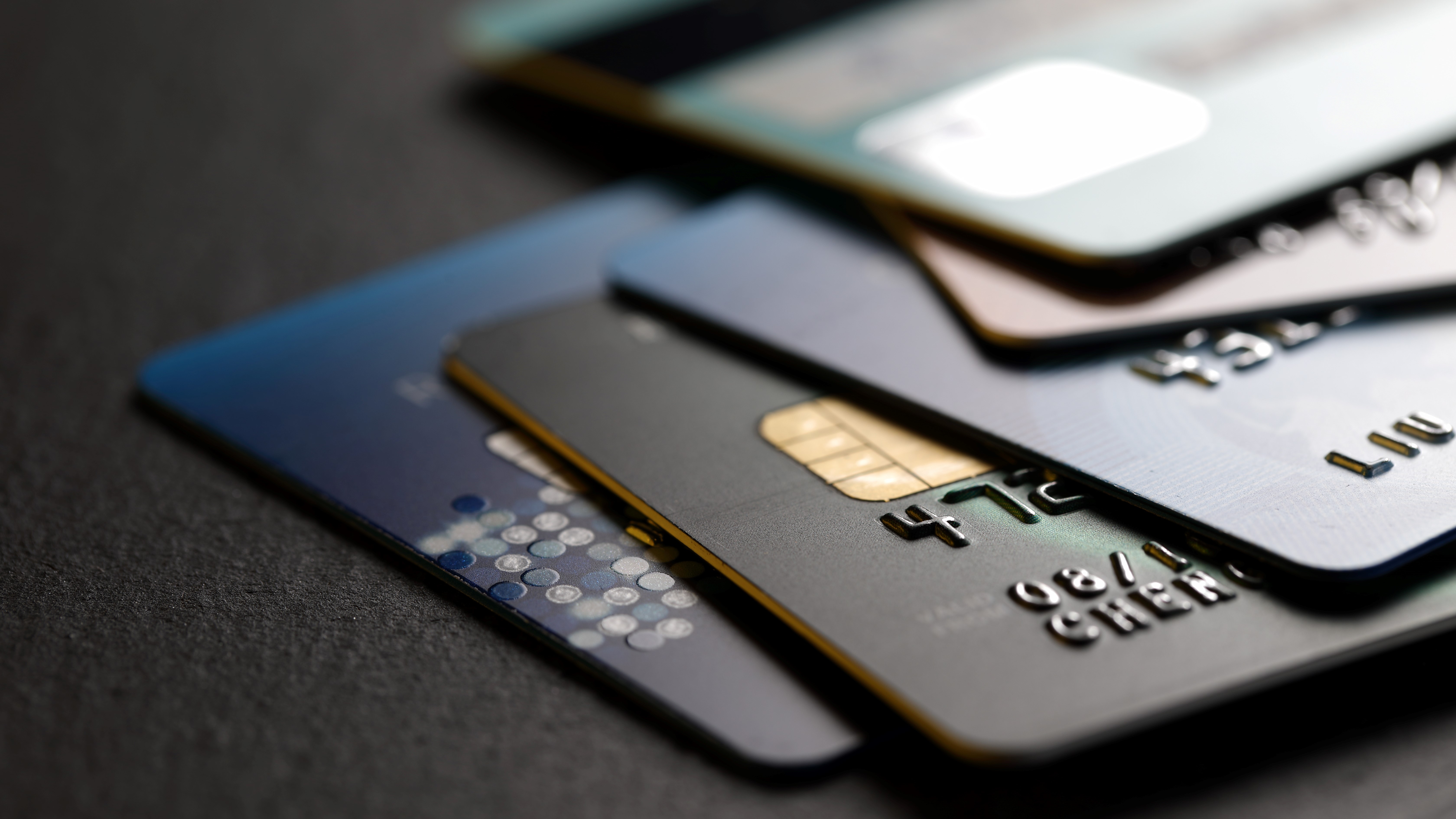Nearly 40% of Americans have admitted to being more afraid of credit card debt than the coronavirus as the impact of the pandemic on household finances continues to raise considerable concern.
Some 22 million more Americans are also having nightmares about money problems this year than last year, according to the latest WalletHub Halloween Spending & Financial Fears Survey. And in a worrying sign of the times, almost a third of those surveyed described their finances as a “horror show”, as permanent unemployment and temporary lay offs brought about by the economic downturn sees people necessarily turn to credit cards and the best personal loans online to help bridge financial gaps.
“Current events aside, money was the number one stressor for Americans for many years before the coronavirus pandemic, so it shouldn’t be a surprise that credit card debt and money problems in general still scare a lot of us, maybe even more so than before,” said Jill Gonzalez, WalletHub analyst. “It’s tough to say your finances are looking good when you’re out of work or waiting for business to pick back up.”
Should you take on debt?
While worries about taking on debt are understandable, if your income has been affected by job loss, and you don’t have savings to fall back on, then borrowing as sensibly as you can is a perfectly acceptable course of action to take. If you’re struggling to afford groceries or to pay your rent or mortgage, then using a credit card or personal loan to provide some breathing space are far preferable to turning to payday loans, for instance.

In particular, a traditional personal loan might be a good option if you need to raise significant funds quickly, and know that it will take you years to pay back what you need to borrow rather than a few decent paychecks. Remember that a payment will need to be made each month, though, and that the better your credit score, the better the interest rate and terms that you’re likely to get.
Choosing the right credit card
For most people, however, a credit card should probably be the first port of call, simply because they can provide the chance to borrow without racking up any interest, if you're able to pay down the entire amount that you borrow at billing time. The key part, though, is to choose the best credit cards, especially as the worst cards can charge annual fees as high as $995 and APRs up to 36%.
To do this, Jill Gonzalez says you’ll need to compare credit card offers based on your credit score and how you plan to use the card. “People who are new to credit or have a bad credit score should focus on finding a credit card with no annual fee and approval requirements they can meet,” she explains.
“People with good or excellent credit should look for credit card rewards that complement their biggest spending categories if they plan to pay their bill in full every month. For purchases that won’t be paid off by the due date, a low interest credit card is best. And if you have existing debt to get rid of, you’ll want to consider a 0% balance transfer credit card.”
Debt consolidation considerations
If you already have debt that you’re struggling to pay down, then taking on more debt is probably unwise, unless you have a clear path that you see to paying back what you owe. In most instances, borrowing more when you already have large debts will only make the situation worse, so seeking professional help is usually best advised.
Debt counselors will always offer a sympathetic ear and sage advice. Alternatively, the best debt consolidation companies can help you regain some control, by combining all your debt together into a single loan. Whichever path you take, talking about your debt is always the best course of action, rather than letting your concerns go unheard.


